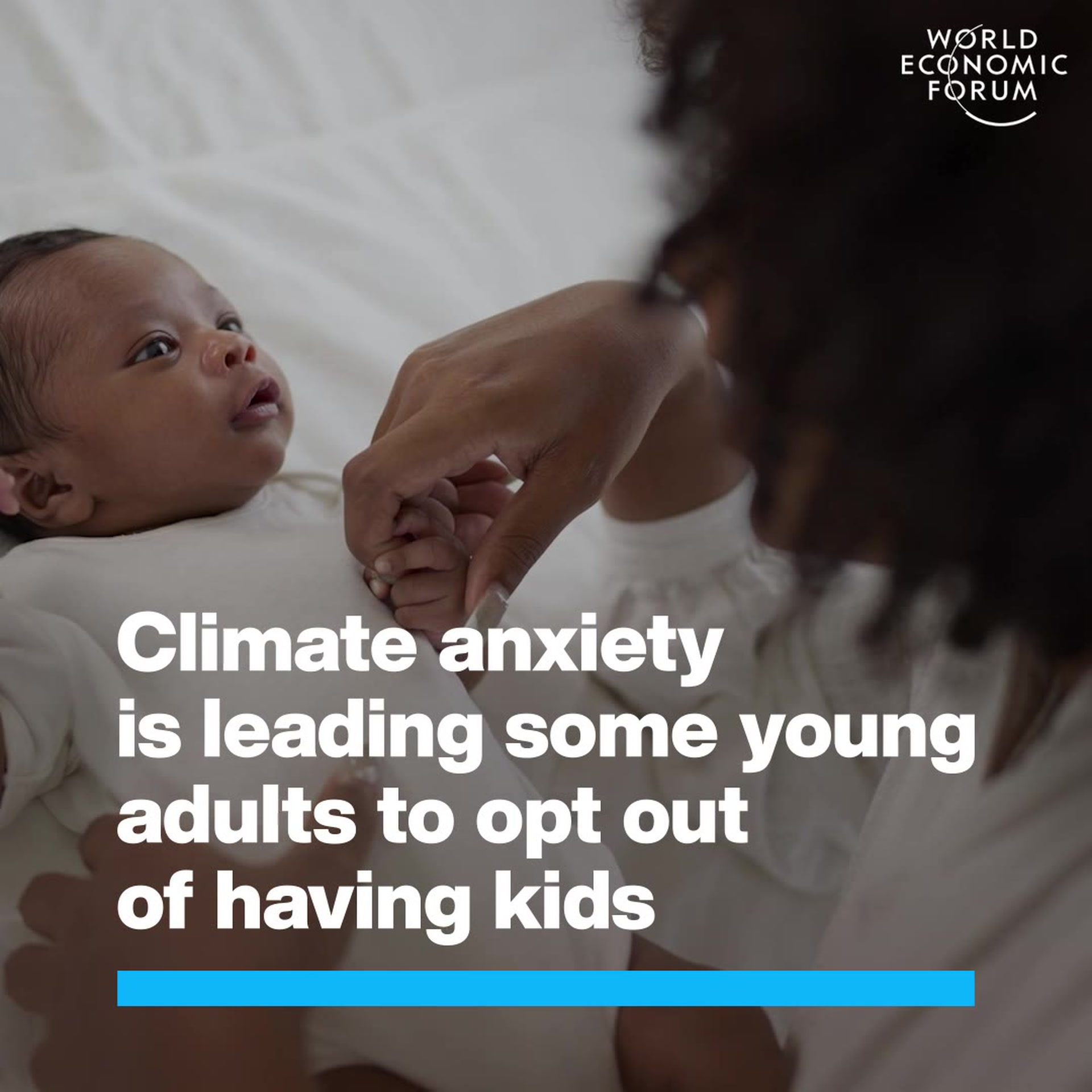The world has reached the lowest level of happiness in ten years

Wealthier countries were not immune to the dip in mood. Image: REUTERS/Eliana Aponte

Get involved with our crowdsourced digital platform to deliver impact at scale
Stay up to date:
Behavioural Sciences
World happiness levels are at their lowest level in over a decade, with the number of people who say they feel stressed and worried rising, according to a survey published on Wednesday.
Conflict-hit Central African Republic (CAR) was the world's unhappiest place last year, with Iraq in second place, according to the ranking by pollsters Gallup.
"Collectively, the world is more stressed, worried, sad and in pain today than we've ever seen it," the group's managing editor, Mohamed Younis, wrote in a foreword to the study.
Gallup surveyed more than 154,000 people in 146 countries on whether they had felt pain, worry, stress, anger or sadness the previous day. It said the global mood was at its gloomiest since the first such survey in 2006.
Sub-Saharan Africa led the way, with 24 of 35 countries surveyed reaching a 10-year happiness lows in 2017, often due to civic unrest crippling healthcare systems and causing people to go hungry.
"In CAR and some of these other places, high percentages of the population are just struggling to afford the basics," the study's lead author, Julie Ray, told the Thomson Reuters Foundation by phone.
CAR has been ravaged by violence, with most of the country now beyond the control of the government, and about three in four residents said they experienced pain and worry.
Wealthier countries were not immune to the dip in mood. About half the Americans interviewed said they were stressed – roughly the same proportion of respondents as in the CAR.
Economist Jan-Emmanuel De Neve said it was "disturbing" to see the global mood souring against a backdrop of rising wealth and material progress.
"There is probably a more structural indicator around the increasing wealth not being inclusive enough," said De Neve, an associate professor at the University of Oxford who has written about the link between income and happiness.
Paraguay topped a second table of most positive countries, in which residents were asked if they felt well-rested, had been treated with respect, enjoyed themselves or learnt something the previous day. War-torn Yemen and Afghanistan came bottom.
Don't miss any update on this topic
Create a free account and access your personalized content collection with our latest publications and analyses.
License and Republishing
World Economic Forum articles may be republished in accordance with the Creative Commons Attribution-NonCommercial-NoDerivatives 4.0 International Public License, and in accordance with our Terms of Use.
The views expressed in this article are those of the author alone and not the World Economic Forum.
Related topics:
The Agenda Weekly
A weekly update of the most important issues driving the global agenda
You can unsubscribe at any time using the link in our emails. For more details, review our privacy policy.
More on Behavioural SciencesSee all
Peter Dizikes
November 27, 2023
Aaron De Smet and Patrick Simon
September 25, 2023
Kate Whiting and Kateryna Gordiychuk
September 6, 2023







